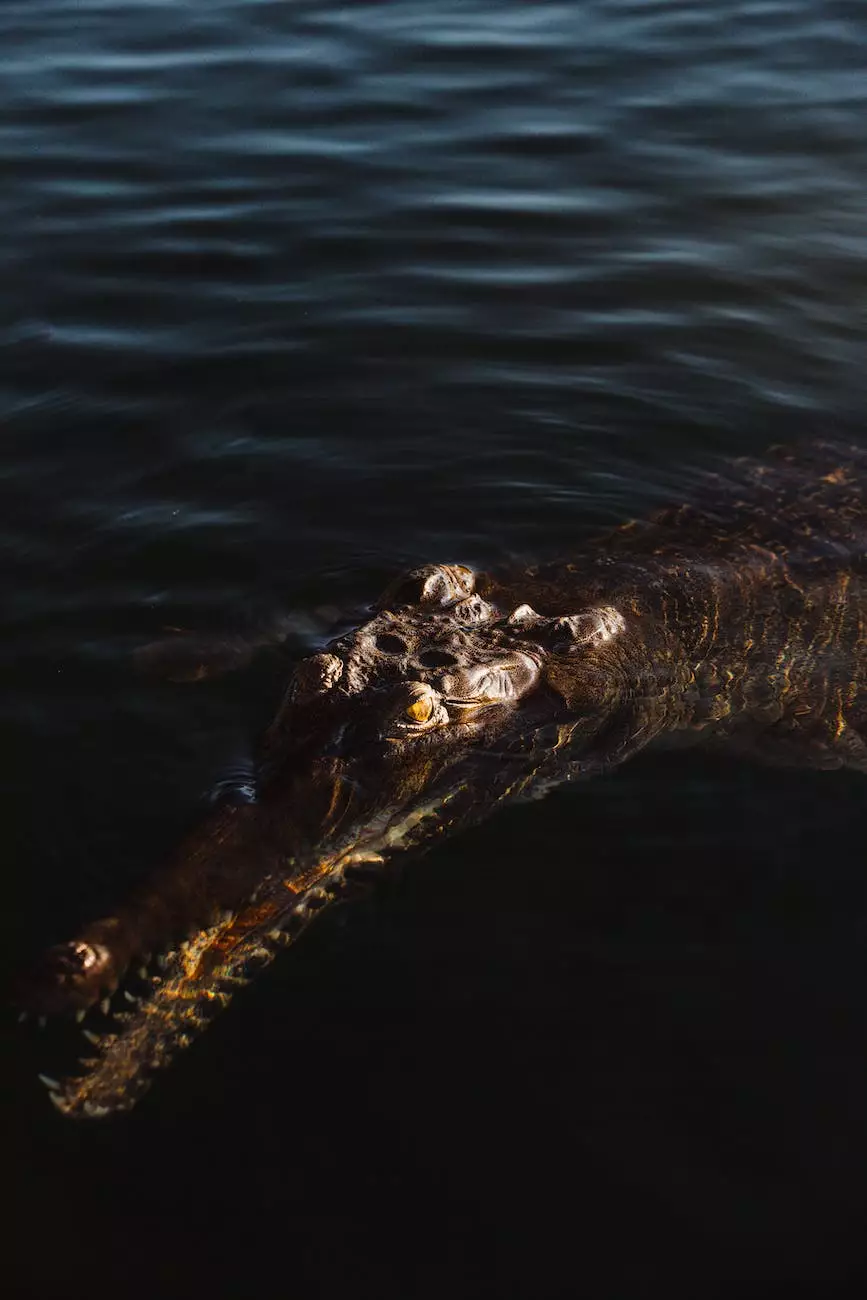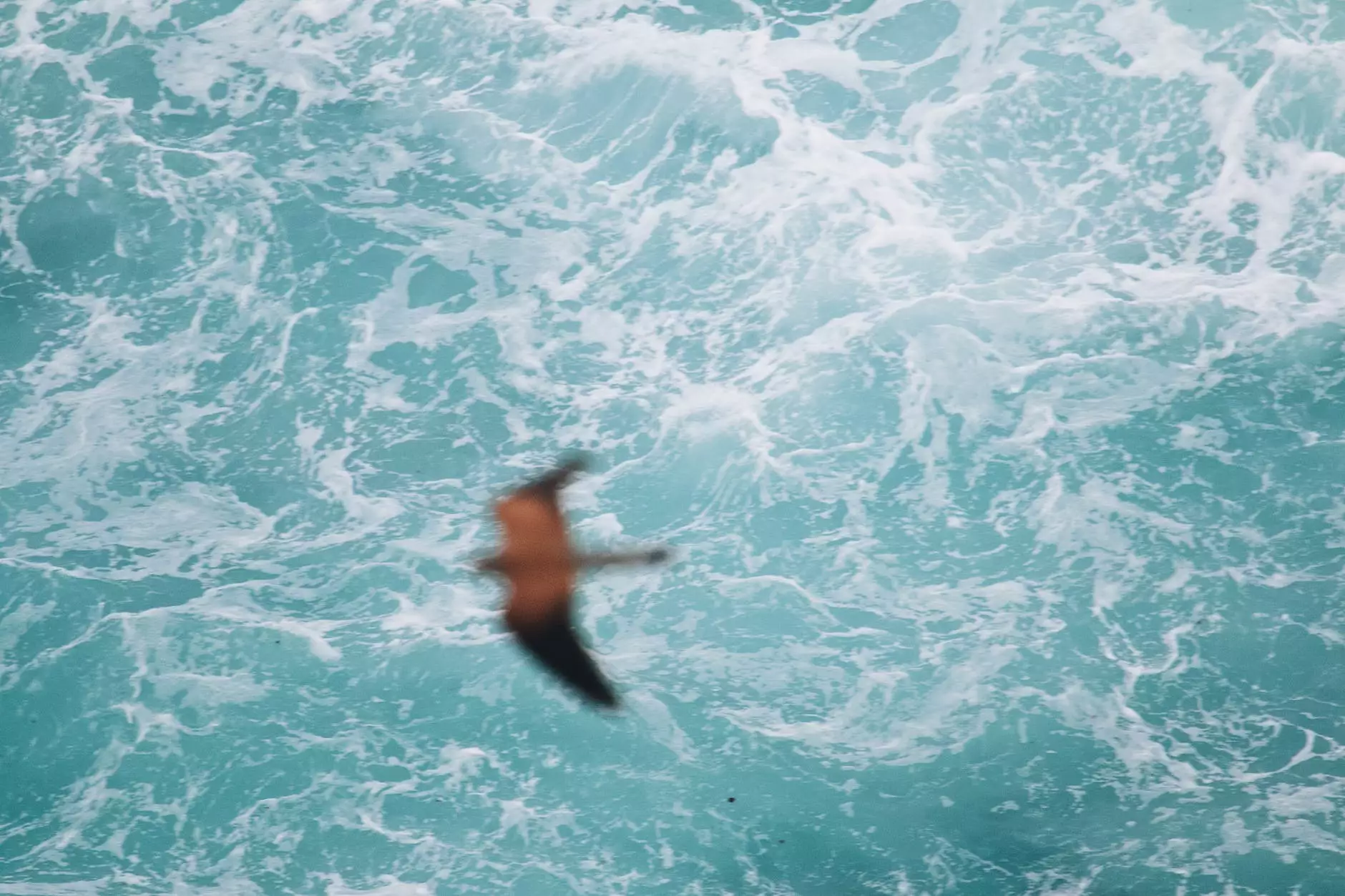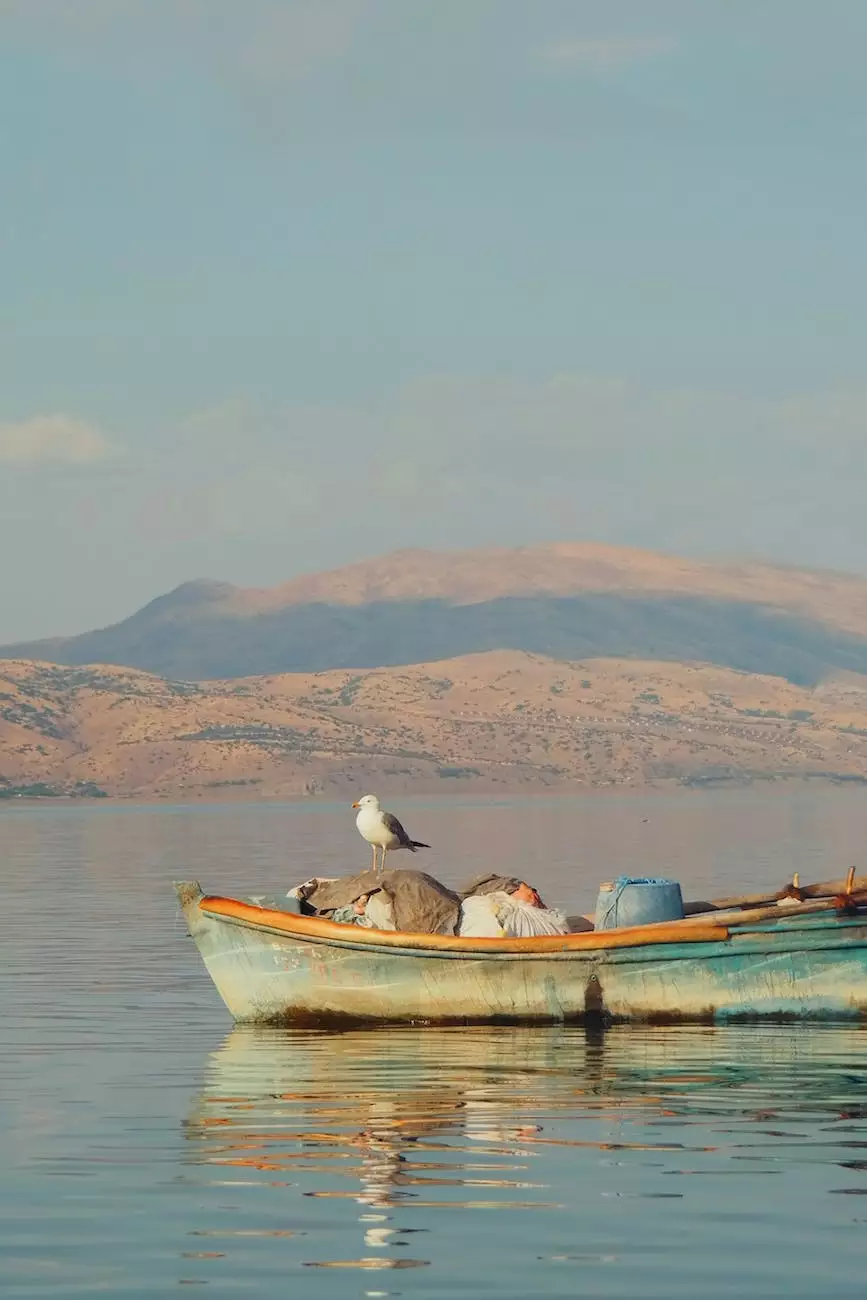Alligator FAQs

The Fascinating World of Alligators
Welcome to the captivating world of alligators! If you have ever been curious about these magnificent creatures, you have come to the right place. In this comprehensive FAQ guide, we will dive deep into the world of alligators and provide answers to some of the most commonly asked questions. We, at spibirding, are passionate about community and society, with a specific focus on philanthropy. We believe in educating individuals about various aspects of nature and wildlife, and alligators are no exception. So, let's embark on this thrilling adventure together and explore the wonders of these fascinating reptiles!
What are Alligators?
Alligators are reptiles that belong to the Crocodylian family, which includes crocodiles and caimans. They are large, semi-aquatic creatures found primarily in freshwater habitats such as swamps, marshes, and rivers. Alligators are known for their powerful jaws, muscular bodies, and armored skin. They can grow up to 14 feet in length and weigh over 1,000 pounds, making them formidable predators in their natural habitat. Alligators are cold-blooded animals, relying on external sources of heat to regulate their body temperature.
Alligator Habitats and Behavior
Alligators thrive in warm climates and are native to the southeastern United States, specifically in states such as Florida, Louisiana, and Georgia. They prefer habitats with ample access to water, as they are excellent swimmers. Unlike crocodiles, alligators are primarily found in freshwater environments, although they can tolerate brackish (a mix of saltwater and freshwater) conditions. They are known to establish territories within their habitat, defending their space from other alligators.
Alligator Diet and Feeding Habits
Alligators are opportunistic predators with a diverse diet. While they mainly feed on fish, turtles, and snakes, they are known to be apex predators capable of taking down larger prey such as deer and wild boar. Their powerful jaws allow them to bite and crush their prey, often swallowing it whole. Alligators have a unique feeding behavior called "lurking," where they remain motionless underwater, waiting for unsuspecting prey to come near. Once the prey is within reach, they ambush it with lightning speed, securing their meal.
Alligator Reproduction and Nesting
Alligators have a fascinating reproductive process. Breeding typically occurs in the spring, and male alligators attract females through various courtship rituals, including bellowing sounds and head-slapping displays. After mating, the female constructs a nest made of vegetation and mud, where she lays her eggs. The eggs are then covered with additional materials and left to incubate. The temperature at which the eggs are incubated determines the sex of the hatchlings, with warmer temperatures resulting in males and cooler temperatures resulting in females.
Understanding Alligator Conservation and Protection
The Importance of Alligator Conservation
Conservation plays a crucial role in protecting alligator populations and maintaining the delicate balance of ecosystems they inhabit. Alligators are considered a keystone species because they impact their environment significantly. They help control the populations of various prey species and create essential habitats through their nesting activities. By conserving alligators, we are not only preserving a magnificent species but also safeguarding the overall health and biodiversity of their ecosystems.
The Role of Philanthropy in Supporting Alligator Conservation
At spibirding, we understand the importance of philanthropy in supporting conservation efforts. Through our community and society initiatives, we actively promote alligator conservation projects. These projects focus on habitat protection, research and monitoring, public education, and fostering partnerships with local communities. By investing in alligator conservation, we are taking a proactive step towards safeguarding these incredible reptiles for future generations to enjoy.
Conclusion
In conclusion, alligators are remarkable creatures that have captured the attention and curiosity of people for centuries. In this comprehensive FAQ guide, we have delved into the fascinating world of alligators, covering their habitats, behavior, diet, reproduction, and the importance of their conservation. By providing a rich and detailed resource, we hope to contribute to the understanding and appreciation of these incredible reptiles. At spibirding, we remain dedicated to our mission of promoting community and society, with a particular focus on philanthropy. Join us in our efforts to protect and preserve the wonders of the natural world, including the magnificent alligators!










